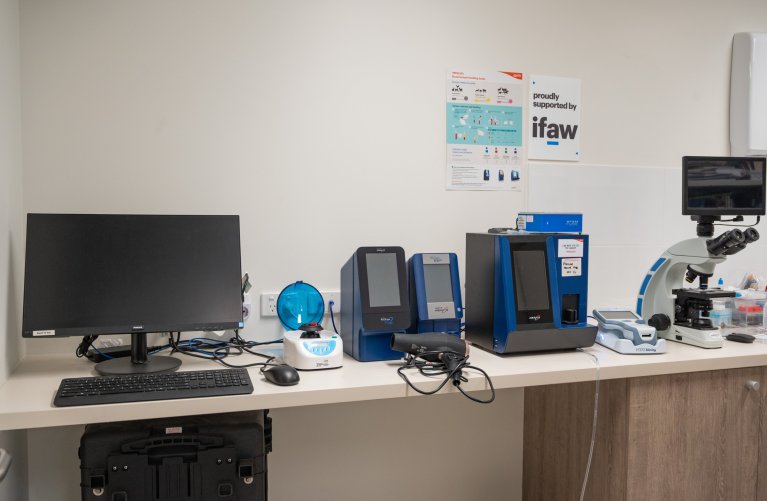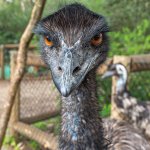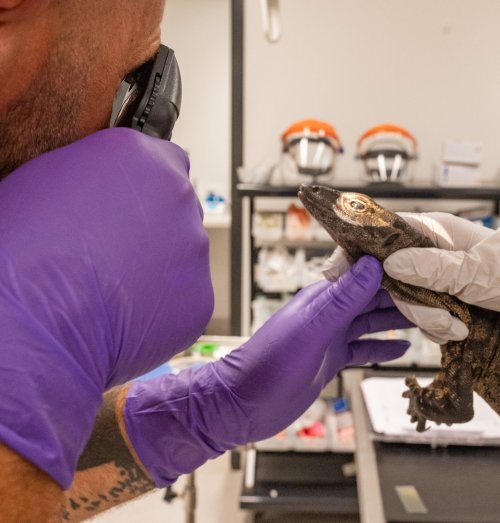Research benefits wildlife conservation
Wildlife research is important for several reasons:
1. Conservation: Wildlife research helps us understand the ecological needs and behaviour of different species. This knowledge is crucial for the conservation and protection of endangered species and their habitats.
2. Biodiversity: Wildlife research helps us understand the diversity of species in different ecosystems, which is important for maintaining a healthy and balanced ecosystem.
3. Disease control: Wildlife research helps identify diseases that affect animals and humans, and how they can be controlled or prevented.
4. Human-animal conflict: Wildlife research helps us understand the behaviour of animals and how they interact with humans. This knowledge can be used to reduce conflicts between humans and wildlife.
5. Economic benefits: Wildlife research can lead to the development of new technologies and products that can benefit the economy, such as medicines, food, and other products derived from wildlife.
Wildlife research is important for the conservation of biodiversity, the management of ecosystems, and the sustainable use of natural resources.

Partnering with experts to conserve wildlife
WA Wildlife is involved in a number of research projects with universities nationally and internationally. Collaboration, data collection, surveillance, and sample collection are some of the activities we are involved with.
WA Wildlife is well positioned to contribute to wildlife research projects due to the Hospital’s large database and patient workload, professional input from veterinarians and capacity to undertake fieldwork.
Projects of local significance include:
- Shingleback Nidovirus-1 – data and sample collection.
- Sarcoptic Mange in Quendas – data and sample collection (including fieldwork).
- Magpie Paralysis Syndrome – data collection.
- Turtle Tracker Program: Oblong Turtles (adults and hatchlings) – data collection, surveillance and sample collection.
- Outcomes of bushfire affected wildlife – data collection.
- Antimicrobial resistance research – sample collection.
- Kangaroo translocation and post-release monitoring projects – pending.
- The DNA Zoo Project (UWA) – sample collection.
A “One Health” approach
WA Wildlife is a proud member of the Sentinel Clinic Disease Surveillance program coordinated by Wildlife Health Australia. This program involves participants from a number of zoological institutions, universities and wildlife hospitals around the country. WA Wildlife participates in collaboration, sample collection and reporting of both free-ranging and rehabilitation wildlife cases relevant to wildlife health in Western Australia. This information is entered regularly into the national wildlife health database.
WA Wildlife is also a member of the WA Wildlife Health Reference Group, a multidisciplinary group chaired by the Department of Primary Industries and Regional Development. Our veterinarians work closely with the Department of Primary Industries and Regional Development, Murdoch University and the Department of Biodiversity, Conservation and Attractions in wildlife disease surveillance and reporting. WA Wildlife regularly acts as a first responder in mass mortality events involving wildlife and regularly coordinates sample and data collection from such events.


